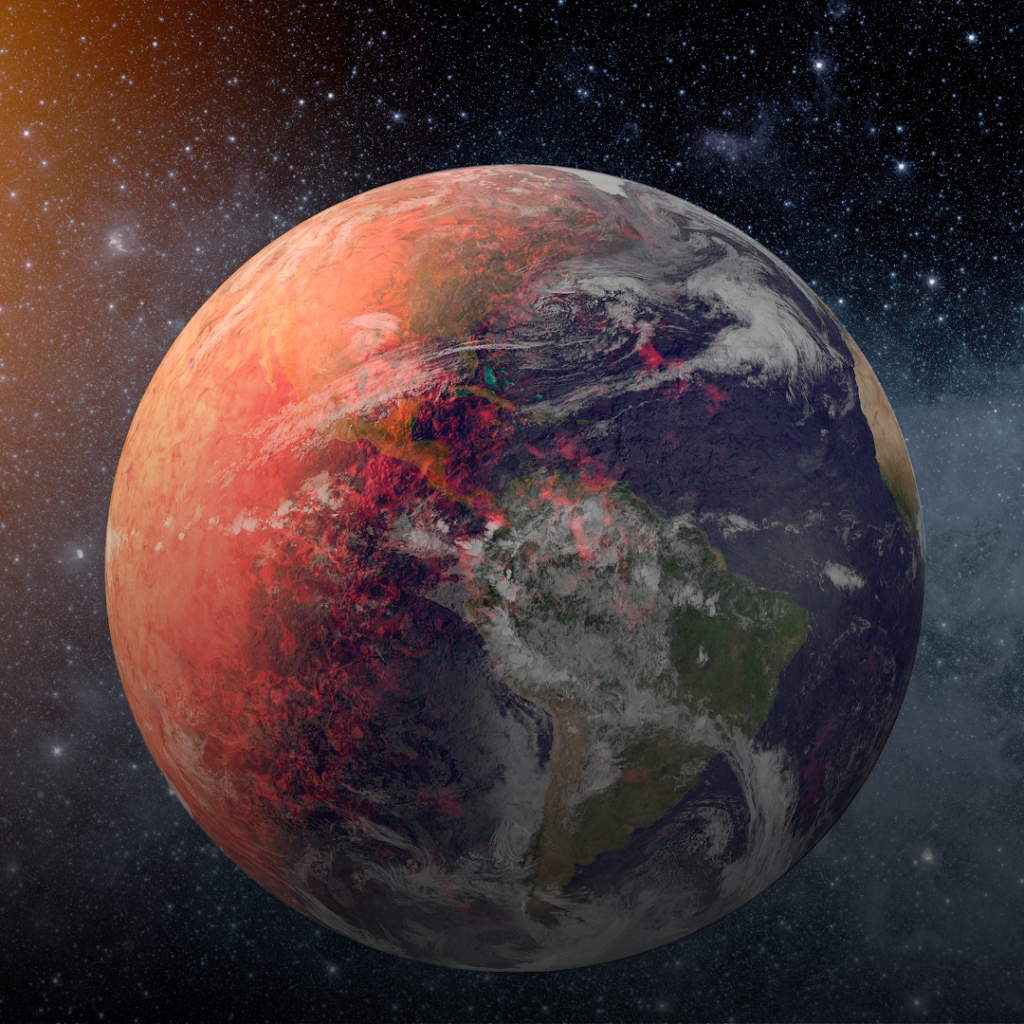
Climate change is a complex phenomenon rooted in the alteration of Earth’s climate systems over long periods. Here’s a breakdown:
Greenhouse Effect: Naturally occurring gases like carbon dioxide (CO2), methane (CH4), and water vapor trap heat from the sun in the Earth’s atmosphere, preventing it from escaping into space. This natural greenhouse effect keeps Earth’s temperature within a range suitable for life.
The Science of Climate Change Explained: Facts, Evidence and Proof
Global Warming: The overall increase in Earth’s average surface temperature due to the enhanced greenhouse effect is known as global warming. This warming trend has been observed over the past century and is accelerating.
Climate Change: While global warming refers specifically to the increase in average surface temperatures, climate change encompasses broader shifts in weather patterns, including temperature, precipitation, sea levels, and the frequency and intensity of extreme weather events such as hurricanes, droughts, and heatwaves. These changes have far-reaching impacts on ecosystems, agriculture, water resources, human health, and economies.
Evidence: Scientists gather evidence of climate change from various sources, including temperature records, ice cores, tree rings, and satellite observations. These data show a clear correlation between rising greenhouse gas levels and global temperature increases.
Impacts: Climate change affects different regions differently, but overall, it poses significant risks to both human and natural systems. These impacts include sea level rise threatening coastal communities, shifts in precipitation patterns leading to droughts or floods, loss of biodiversity, disruptions to agriculture and food security, and increased frequency of extreme weather events.
Mitigation and Adaptation: Mitigation involves reducing greenhouse gas emissions through measures like transitioning to renewable energy sources, increasing energy efficiency, and implementing carbon capture and storage technologies. Adaptation involves adjusting to the impacts of climate change by building resilience in infrastructure, developing drought-resistant crops, and implementing policies to protect vulnerable communities.
Understanding the science of climate change is crucial for developing effective strategies to mitigate its impacts and safeguard the planet for future generations.









